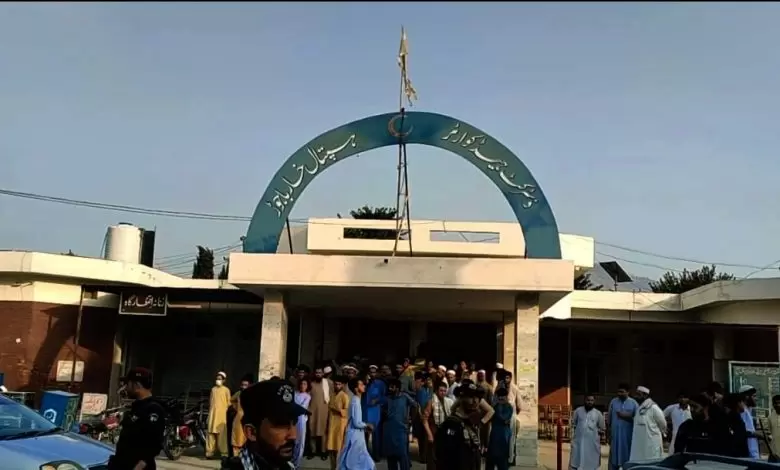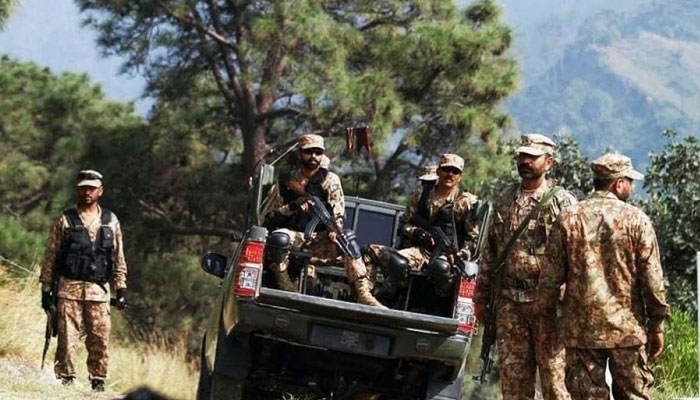Naheed Jehangir
As the cost of petrol continues to soar, transportation fares are following suit, hitting the pockets of commuters hard. Each driver now exercises discretionary pricing, causing hardship for passengers who find themselves at the mercy of these surging fares.
Zarmina, a Peshawar resident working as a housekeeper in Hayatabad, faces daily commuting challenges. Unable to afford rickshaws, taxis, or bus fares daily, she grapples with fluctuating fares. With the rising cost of petrol and overall inflation, drivers justify their higher pricing.
Opting for the BRT (Bus Rapid Transit) service, Zarmina appreciates its affordability and excellent service, yet overcrowding remains a persistent issue, leading to discomfort during her daily journeys.
Also Read: Special Desks for Women and Transgenders in KP Police Stations Inactive for 7 Months
Rickshaw driver Salim Khan shares his perspective, highlighting his own financial responsibilities. The income from his rickshaw does not adequately cover household expenses, compounded by high CNG prices, causing many to switch to petrol. Salim insists on charging reasonable fares, but disputes with passengers over higher rates are not uncommon.
Salim further explains that if a passenger doesn't have enough change, they might exit the ride prematurely, but some refuse to leave a single rupee behind. He emphasizes that, like his passengers, he also contends with rising inflation, a fact often overlooked by passengers who engage in fare-related arguments.
Sumaira Khalid, a BS student, relies on the BRT service for her daily commute from Kohat Road. She expresses satisfaction with the service, emphasizing its cost-effectiveness compared to van services she previously used. While the BRT saves time, overcrowding has become a significant issue, with a noticeable increase compared to the previous year. The increased rush may lead to prolonged waiting times for students traveling to schools and colleges, jeopardizing their punctuality.
Sumaira urges Trans Peshawar and the Khyber Pakhtunkhwa government to address this by expanding the number of buses.
In response, Trans Peshawar spokesperson Sadaf Kamil, in an interview with TNN, acknowledges the substantial increase in the number of passengers this year, reaching 300,000 compared to 280,000 the previous year. The spokesperson notes that during the summer vacation period, there is less rush as the number of student travelers decreases. However, as schools reopen, the morning and afternoon rush hours witness significant overcrowding, with September's passenger count reaching approximately 316,000.
Regarding bus allocation, the spokesperson reveals that daily data is collected to determine routes with the highest passenger numbers. Buses are scheduled accordingly, considering factors such as the interval between buses and station crowding. This data-driven approach helps with route planning and resource allocation.
Spokesperson Sadaf Kamil clarifies that increasing the number of buses and routes falls under the purview of the government, not Trans Peshawar. The government decides on route approvals and increases in the bus fleet. Trans Peshawar is an operating company that carries out government-approved initiatives. Route approvals, as well as bus approvals, are government matters, and Trans Peshawar executes these decisions. Expanding the bus fleet is ultimately the responsibility of the Khyber Pakhtunkhwa government.
2.jpeg)
1.jpeg)
09 Jul, 2025





1.jpeg)
09 Jul, 2025